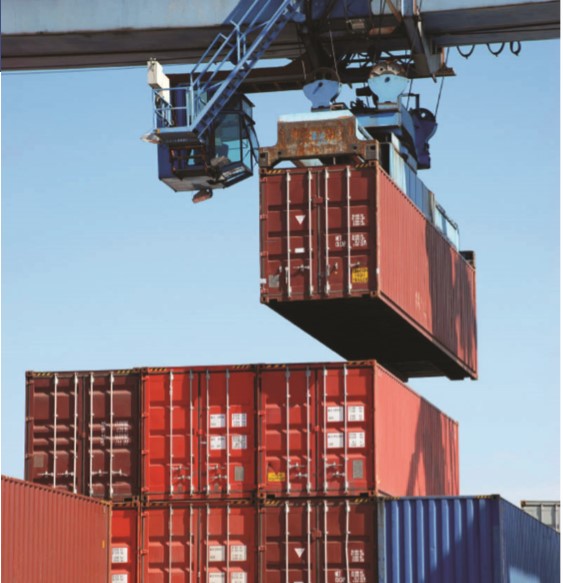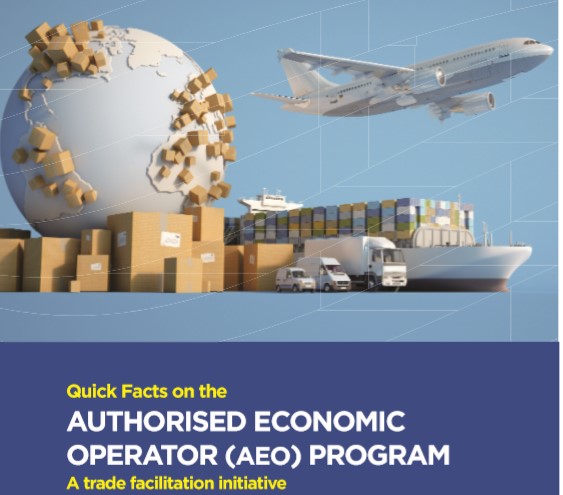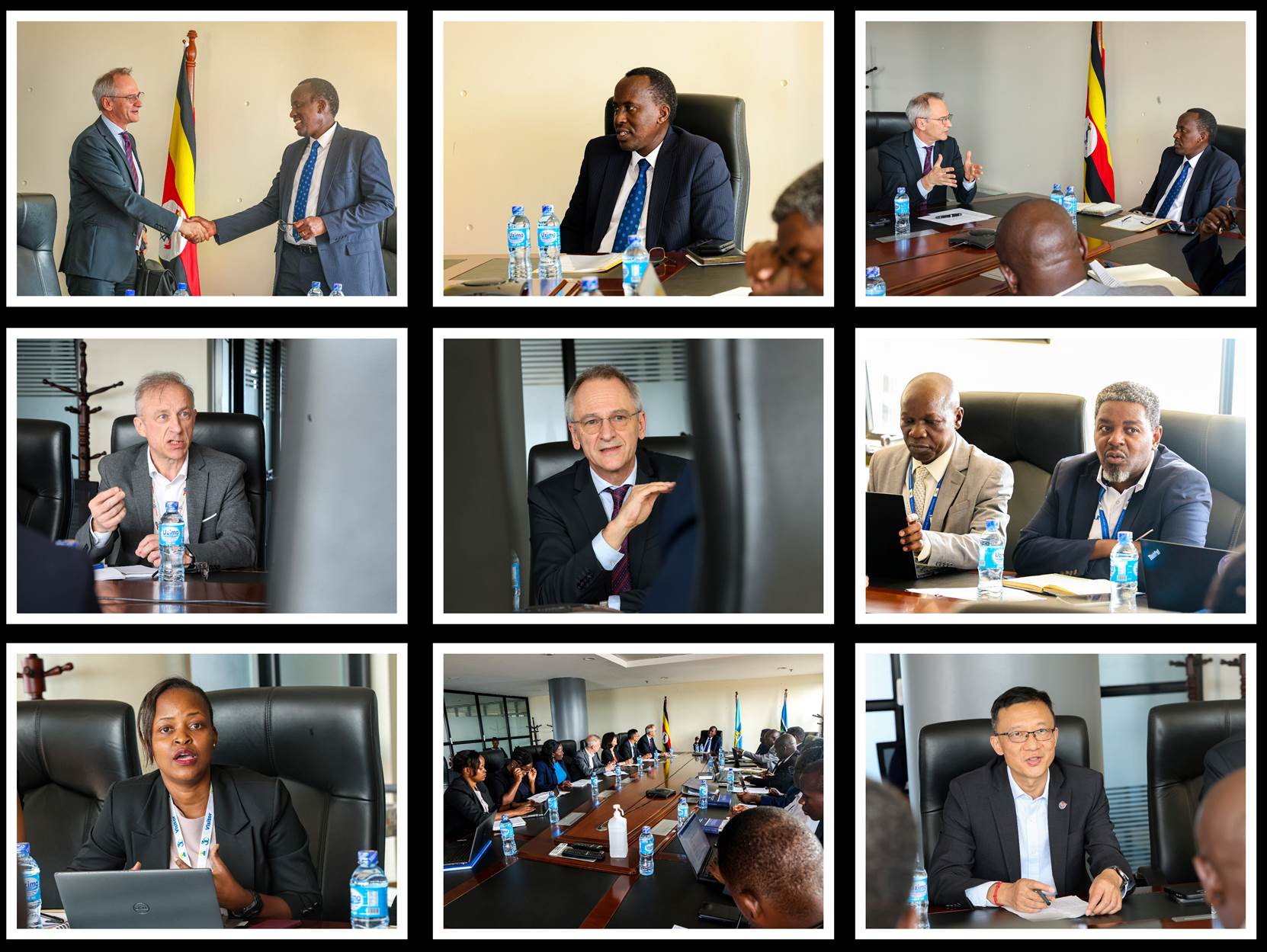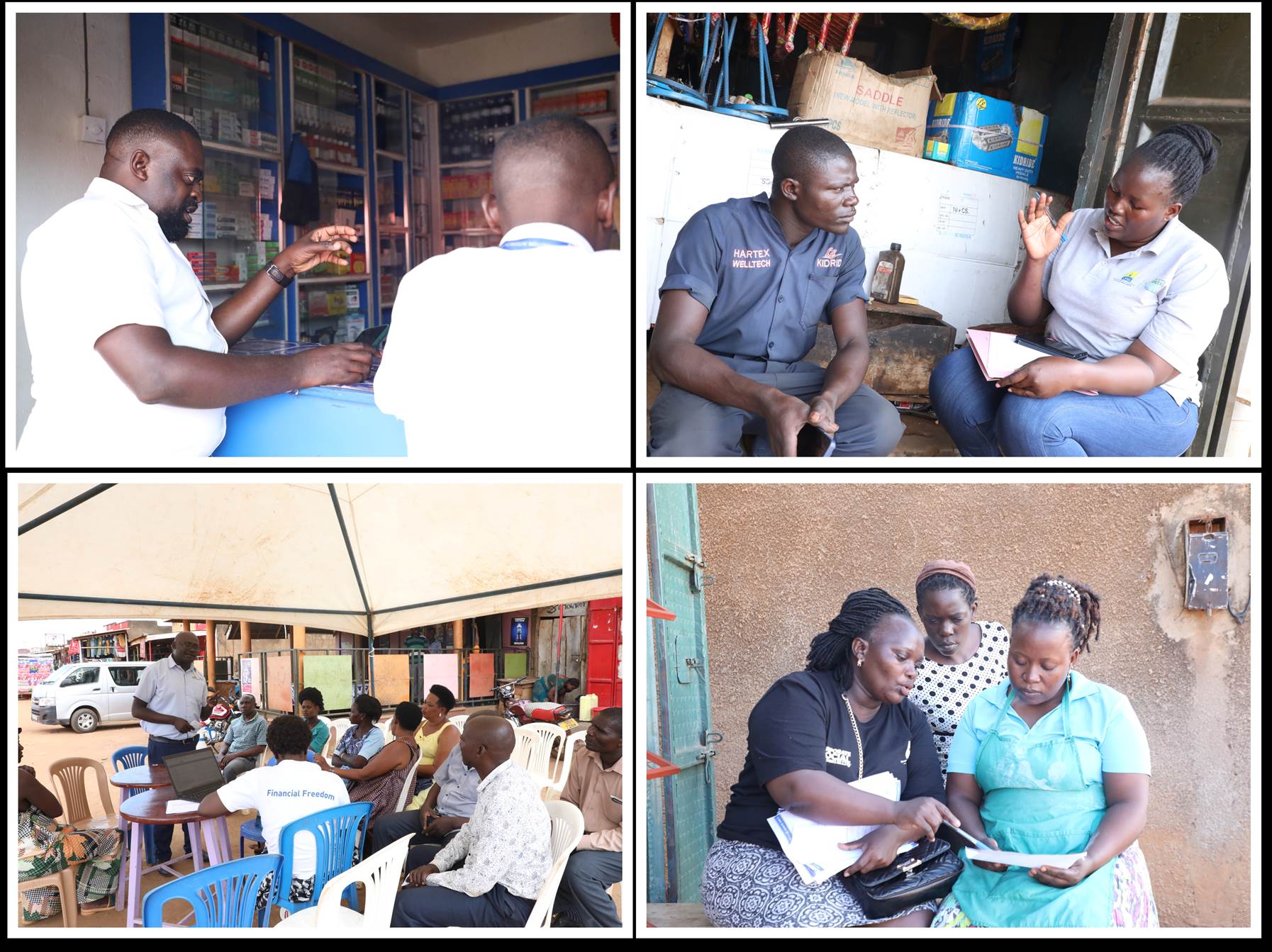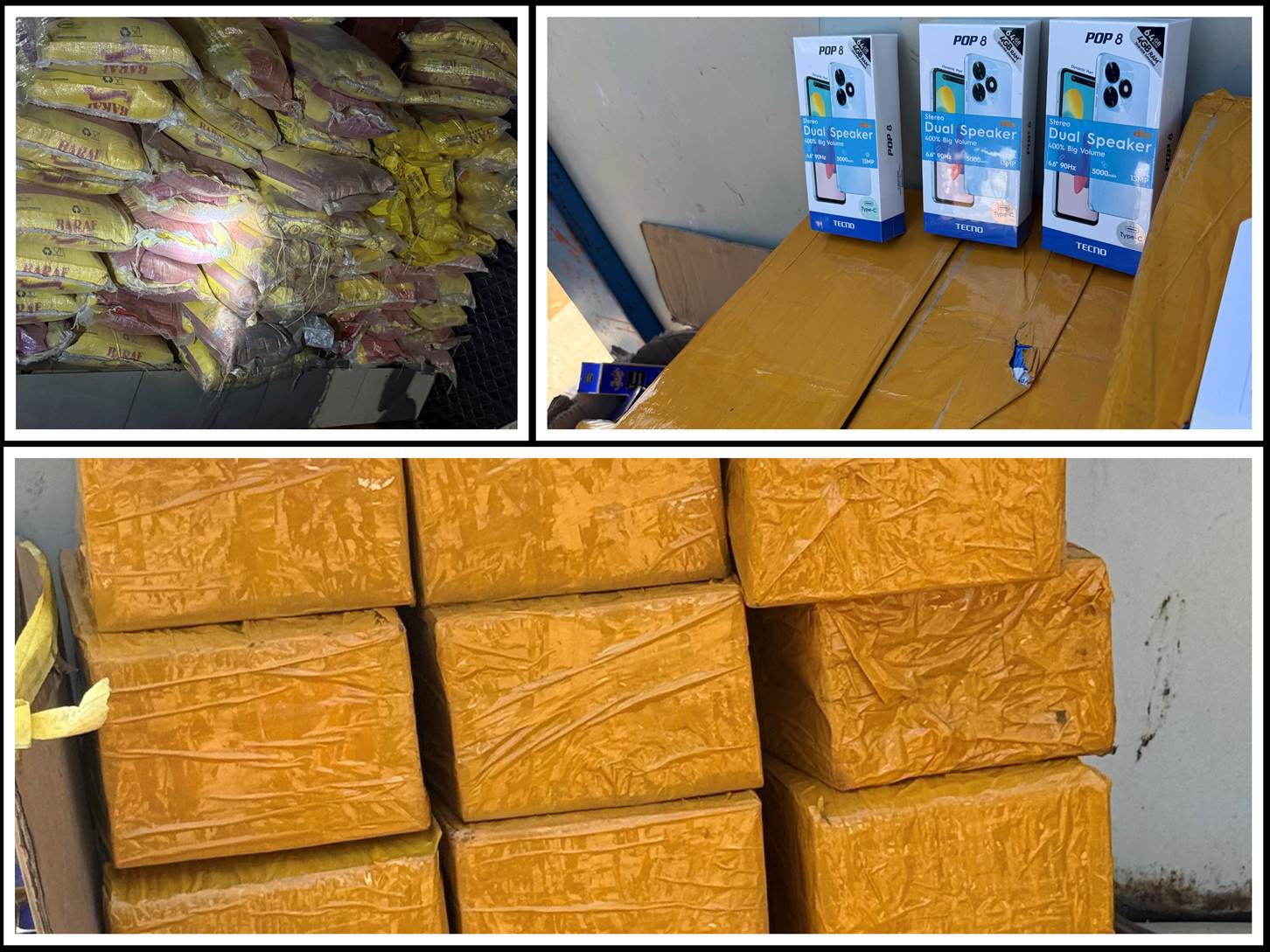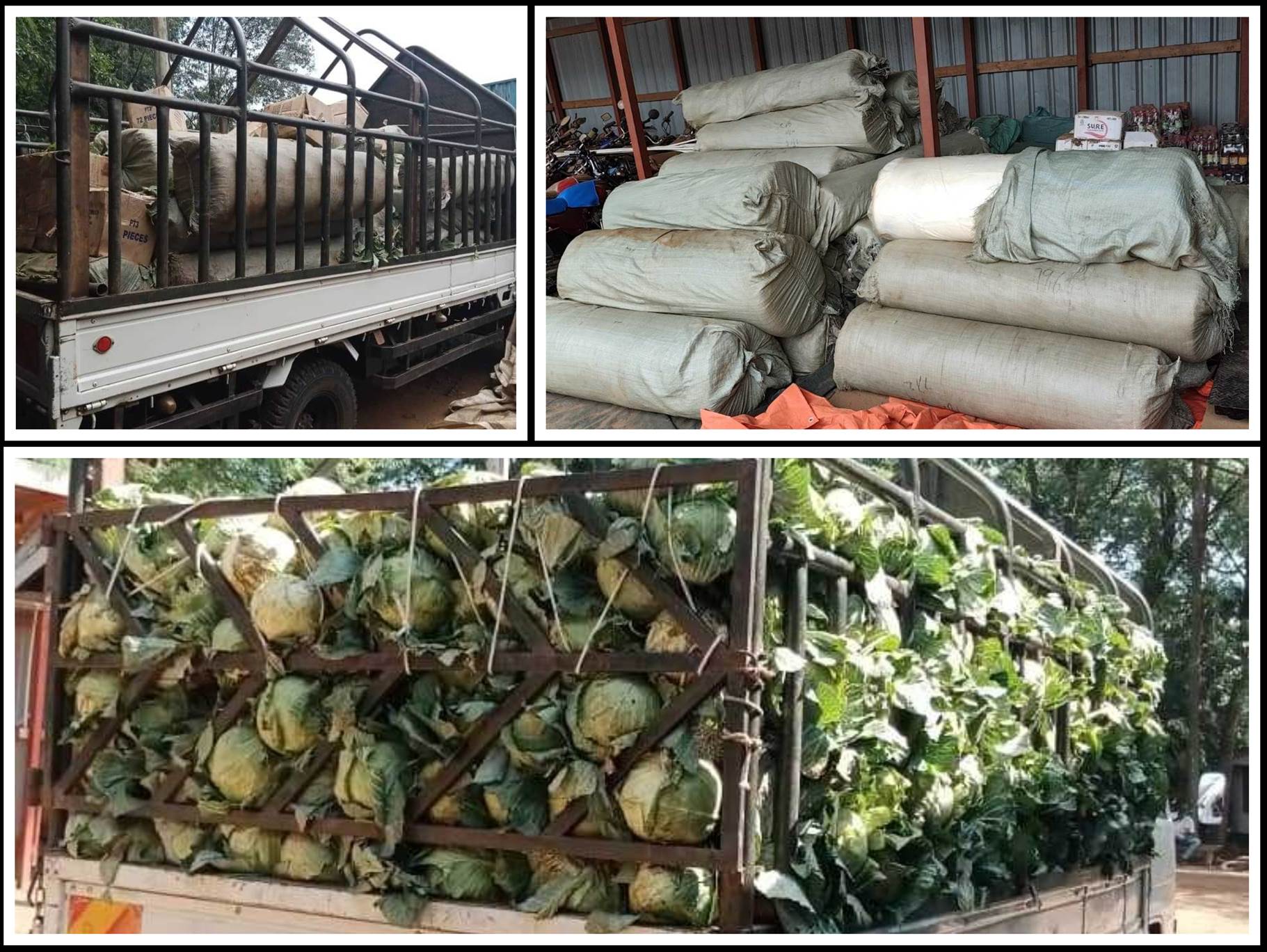Authorized Economic Operator program is a trade facilitation initiative derived from the World Customs Organization Safe Framework of Standards which Uganda Revenue Authority Customs Department implemented in a bid to facilitate trade and promote security of the international trade supply chain.
Uganda Customs therefore seeks to build mutual partnership with businesses that consistently strive to comply with Customs Laws and regulations and in return, such businesses will benefit from the Customs preferential treatments and simplified procedures in the clearance process proposed under the AEO Program.
An AEO is an individual, a business entity or a government department that is involved in international trade and is duly authorized by the Commissioner of Customs of Uganda Revenue Authority to operate as an AEO on fulfillment of requisite supply chain security requirements.
Prospective clients include;
- Manufacturers (who are involved in export and import)
- Customs clearing agents
- Bonded ware house keepers
- Importers and Exporters
- Transporters and Freight forwarders
- Enhance international trade facilitation by promoting and rewarding good business practices
- Promote Customs to business partnership
- Promote Customs to Customs partnerships
- Promote government inter-Agency (Customs to government Agency partnerships)
- Promote security of international trade supply chain
- Promote voluntary compliance to customs laws and procedures among our clients
Customs has developed eligibility criteria, in this criterion individual/business should qualify for or is willing to attain in order to be authorized by the Commissioner of Customs.
- The individual/business must be involved in international trade as a player in the supply chain
- Be able to install and use the URA systems e.g. ASYCUDA, e-tax.
- Must have a good compliance history with Uganda Revenue Authority of at least three years.
- Must be financially sound\should not have filed for bankruptcy in the 2 past years.
- Must have implemented the AEO Compliance Program.
Step 1: Expression of Interest in writing to the Commissioner Customs Department
Step 2: Preliminary consultation with Customs AEO Team: Interested parties are provided with information about the AEO Program
Step 3: Application; a Self-Assessment Form is submitted to Customs with the relevant supporting documents
Step 4: Vetting of Applicant; Customs vets the application and all the supporting documents to confirm whether the Applicant is eligible
Step 5: On-site Inspection; Customs conducts inspection of the Applicants premises to confirm the information provided in the Self-Assessment Form/ application form and supporting documents
Step 6: Authorization; upon satisfying all the requirements the applicant is approved as a Customs Authorized Economic Operator by the Commissioner Customs
i. Pre-arrival clearance of cargo; i.e. the importer or exporter can process the documents for their cargo with customs prior to the arrival of cargo at the customs area/port.
ii. Reduction in average clearance time observed so far: Clearance Time reduction from Mombasa to Kampala from 18days to 4Hrs & Average OSBP Border Clearance 30minutes from 4hours
iii. Priority treatment at all times while dealing with Customs. Customs will fast track the process of cargo clearance for the AEO clients, giving them priority over others.
Choice of place of physical examination in case there is need to perform physical examination on cargo. The AEO client will have the opportunity to select any convenient place for the examination of their cargo should their
- cargo be selected for examination to avoid multiple loadings & offloadinds which helps him save the cost.
- Automatic renewal of Customs Licences like Agency and Bonded Warehouse licenses, Operator-management of Customs Bonded Ware.
vi. Withholding Tax exemption
- Priority to participate in URA activities
- Secured parking space at the URA Tower
- AEO national working Group, an advocacy team for better management of the Program
- Reduction in the Cost of doing business.
- Enhanced reputation and image.
- iii. Increased business turnover.
- iv. Improved quality of service.
v. Trustworthy and compliant business.
vi. Improved Internal Control Systems.
vii. Mutual Recognition.
At the Regional level, the Customs Administrations in the East African Community adopted the Authorized Economic Operator (AEO) Policy Framework that aims at increasing revenue performance through facilitating trade, strengthening the Customs to Business partnership as well as securing the Regional and Global supply chain.
The Regional AEO program therefore runs alongside the National Program. An applicant to the Regional AEO is expected to be familiar with the AEO Program after having participated as a National AEO Operator.
There is an arrangement under the AEO Program called Mutual Recognition Arrangement, aimed at extending recognition of the AEO status to countries with whom we have signed the Arrangement. It involves a country’s government, formally recognizing the AEO Program of another country’s Program and thereby granting benefits to the AEOs of that country.
This can be at a bilateral, or multilateral arrangements. For this to happen;
The AEO programs in both countries should be consistent with the WCO SAFE Framework of standards. Standards are applied in a uniform manner so that one Customs administration may have confidence in the authorization of another country;
The AEO shall be allowed under the EAC Regional Authorized Economic Operator Program to enjoy the following benefits;
- Expedited processing of entries/declarations–AEO declarations will be given priority throughout the whole clearance process. This will include; o Automatic passing of declaration. o Once all conditions for lodgment of a declaration are fulfilled by the AEO, the declaration shall be lodged and thereafter system released.
- No physical or document examination except for random or risk based interventions/exceptional cases. Where the AEO declaration is randomly selected to the red or yellow lane, priority treatment shall be given during examination. The AEO shall also have the option to choose the location for the physical examination.
- Expedited payment of refund claim: Priority shall be given in processing of the refund claims. Where applicable, some procedures will be simplified for the AEO.
- Reduced Customs security wherever applicable: Subject to relevant provisions of law/regulations, consideration for a lower Customs Security on a case-to-case basis will be granted to the AEO.
- Guaranteed renewal of Customs agent’s license
- The renewal of the AEO Customs Agent’s license shall not be subject 5
to the vetting process but the AEO shall be required to make payment for licensing fees and any other related payments.
- Priority to participate in Customs initiatives
- The AEO will be given first opportunity to take part in new trade facilitation initiatives within EAC Revenue Authorities.
- Priority treatment in cargo clearance chain
- Any consignment declared by the AEO Customs Agent will be processed before the non-AEO declarations.
- Waiver of movement bond for AEO
- The AEO’s goods in transit to the warehouses will be exempted from movement bond requirements. This will only apply to consignments where the Importer/Exporter, Customs Agents, and the transporter are ALL AEOs. Transporters
- Guaranteed renewal of transit goods license and any other licenses issued by Customs: The renewal of licenses issued by Customs will not be subject to the vetting process but the AEO shall be required to make payment for licensing fees and any other related payments.
- Exemption from the mandatory use of Customs Electronic Cargo Tracking System (ECTS): In cases where the ECTS is required, the AEO will enjoy the benefit of optional use of ECTS.
- Priority clearance at the borders: Consignments transported by the AEO will enjoy expe
dited border processes.
- Self-management of bonded warehouse: The AEO will be granted the privileged to self-manage his/her bonded warehouse. Self-managed Bonded Warehouse is a facility extended to a warehousing Operator where the responsibilities of a Customs Officer are delegated to the Bonded Warehouse Operator. The Warehouse Operator is required to adhere to the provisions of the law and any other conditions that may be given by the Commissioner. This enhances flexibility of Bonded Warehouse Operations in terms of time and cost.
- Guaranteed renewal of AEO Warehouse Operator’s license: An AEO shall not be subject to the vetting process but the AEO shall be required to make payment for licensing fees and any other related payments.
- Reduced Customs security wherever applicable: Subject to relevant provisions of law/regulations, consideration for a lower Customs security on a case-to-case basis will be for an AEO.
All AEO importers are blue lane companies which means risks are addressed through post importation audit, examination can only be made on a risk-based assessment.
In the event that system challenges arise, the Manager, Supervisors and Station heads always ensure that 6 AEOs are given priority.
